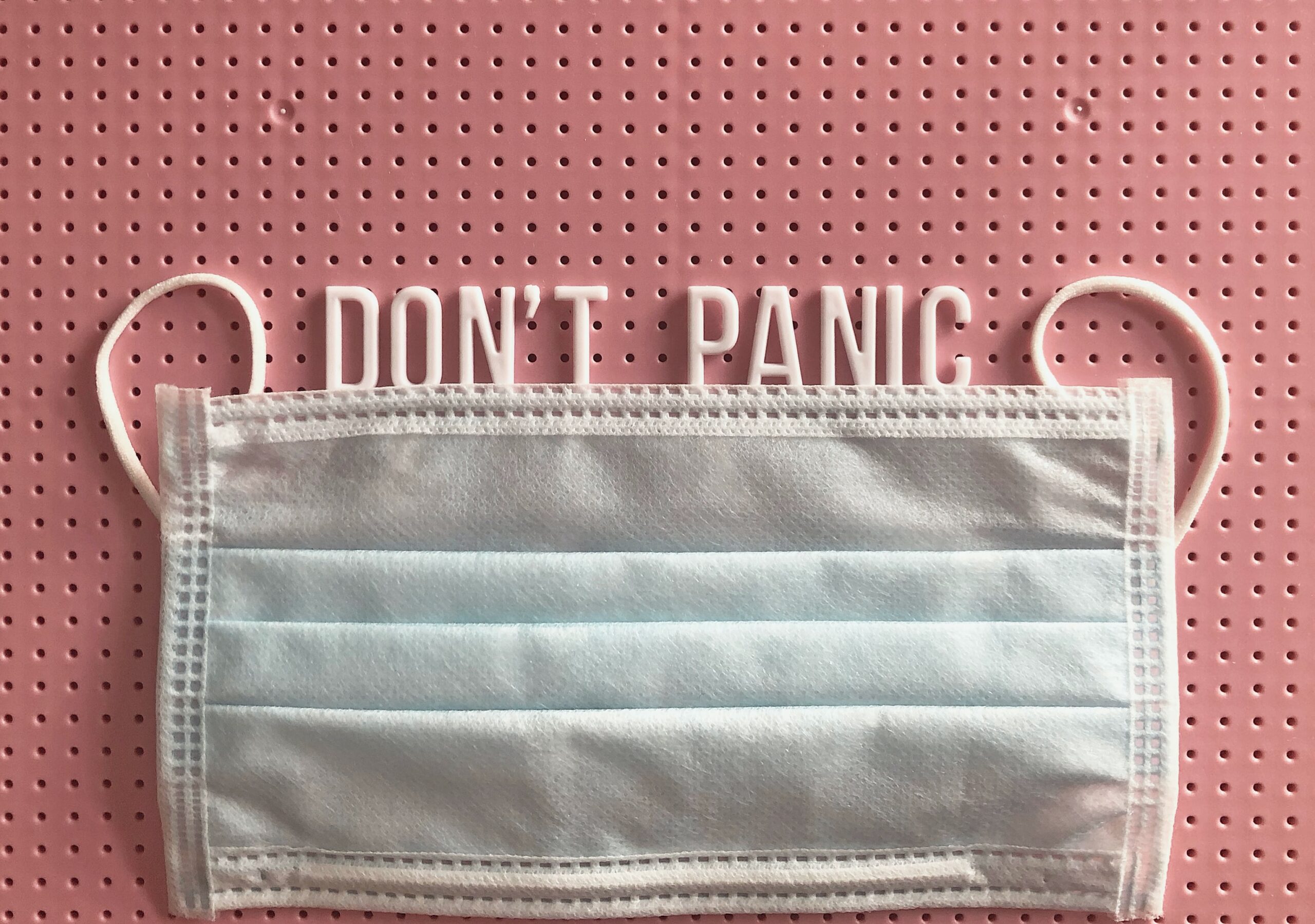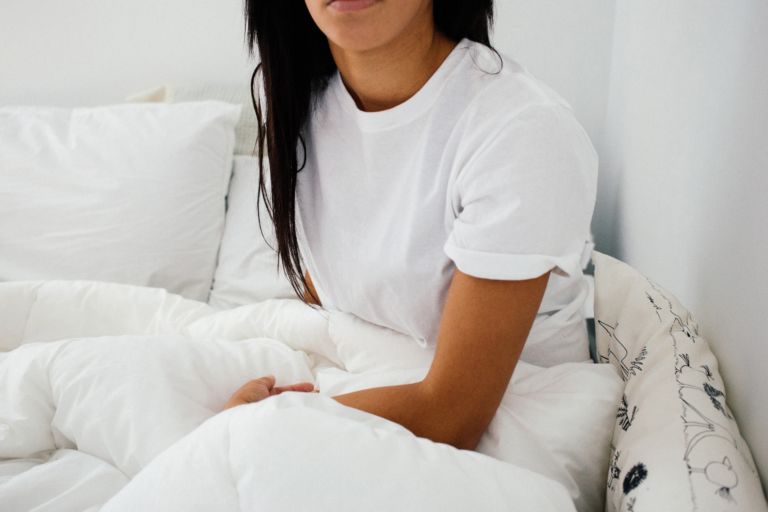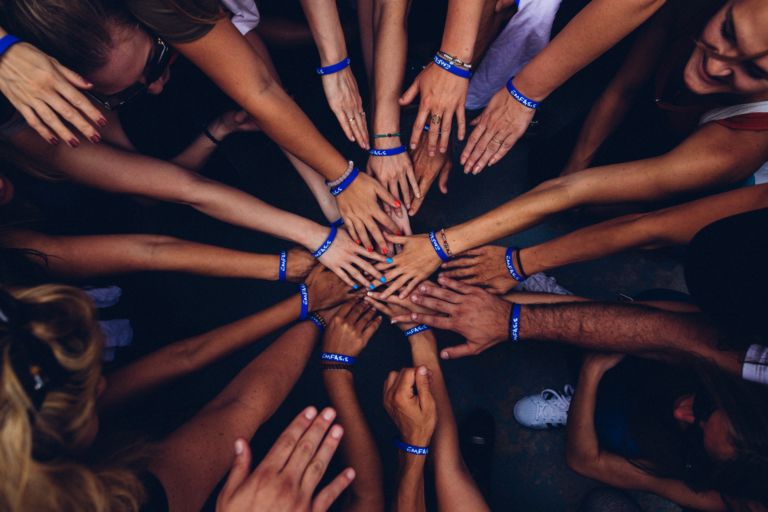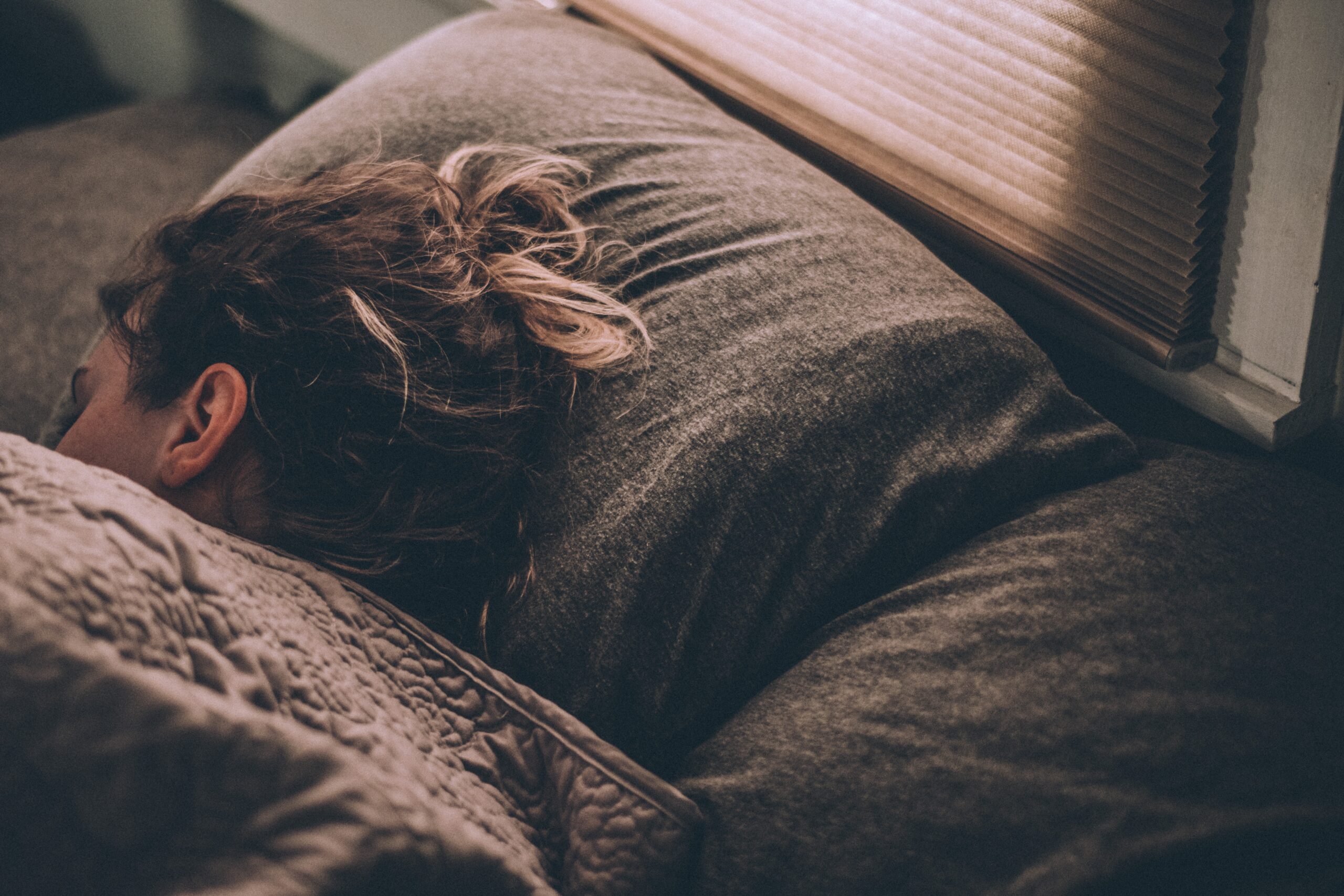
Many of us have had times where it was our worst-nightmare, excuse the pun, to fall asleep at night. We would sit and count the hours we had left until we needed to wake up, or worse get up to work or go to school on little sleep. The worried thoughts circle through our heads, telling us that sleep does not work.

Enough Sleep is Essential
Sleep is important for everyday functioning and health. It helps to keep us awake and thinking during the day and has been suggested to help ease anxiety symptoms. When someone does not get enough sleep, it has been shown to make anxiety symptoms worse! So, you are probably wondering what the magic cure is for getting to sleep. There is not one unless you see your doctor for a prescription. Yet, there are some tips that can help to ease you into slumber.
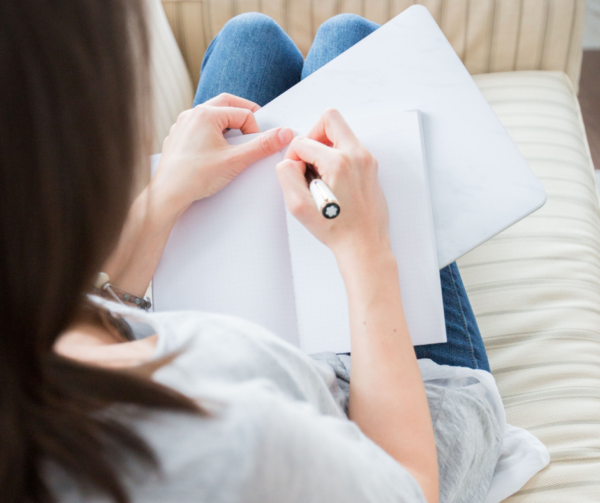
Ten Tips to Help You Fall Asleep
- Clear your brain before bed: Write down all your worries on paper or in a journal to get the thoughts of the day out of your head. Spending even as little as five minutes before bed writing down your thoughts can help you to feel as if you have gotten them out of your head.
- Don’t get in bed if you’re not ready to sleep: Bed is for sleep, and for sleep only. Try not to study, eat, or do homework in bed. Your brain will forget that your bed is a place of relaxation and rest and start attributing your bed to a place of work. This can be avoided by only getting to in bed when you’re ready to go to sleep.
- Don’t check the time: If you’re laying wide awake, the worst thing you can do is check your clock or phone. Phone light can disrupt your natural melatonin production, which is a chemical your body produces naturally to help you get to sleep. Checking the time will increase your anxiety, and get you into the pattern of counting your hours left you must sleep.
- Get out of bed and do something else: Studies have shown the more you tell yourself you have to sleep, and you try to force it, the more you will not be able to sleep. Get up, go to the bathroom, get a glass of milk or water, and then try to go back to bed. Sometimes even changing where you sleep can help ease your anxiety about not being able to sleep. Couches are not ideal, but if your bed is not working try a new place.
- Limit light two hours before bed: This can be hard for many of us that love to be on our phones, tablets, or watch tv. Try limiting the time, reducing brightness/contrast, or setting a sleep timer. As suggested above, you do not want to disrupt your natural melatonin production.
- If avoidable, try not to eat past 7 pm: Studies have shown eating late at night or before bed can also disrupt your sleep. Eating speeds up your metabolism cycle allowing your body to begin digestion. This working to break down that meal or midnight snack makes it hard for your body to wind down.
- Exercise: During the day or after your dinner try to get some physical activity in. This can be as simple as a 20-30-minute walk, jog, or bike ride. If the weather is not permitting, consider yoga, Pilates, or Zumba.
- Diet: Watch out for too much sugar. Even if consumed before the evening, sugar has been found to stay in the body for up to 24 hours. Along with sugar watch out for excessive caffeine intake. Doctors recommend no more than two cups of caffeine a day. Watch out for those drinks that have more than the recommended dose (energy drinks, cappuccinos, green teas, sodas). Limit caffeine to be ingested only before 12 pm, which is hard for many of us needing that afternoon pick me up. Consider switching over to decaf. The assumption is there is no caffeine in decaf, but there is a small amount that can still help you to have a bit of energy. Chocolate, especially dark chocolate, is also a caffeine source that should also be avoided or limited before bed as well. Along with this is fat intake. Watch out for fatty or fried foods that can disrupt your digestive system, making it hard to sleep with a gassy stomach. These foods make for a hard time digesting, and can keep you awake as well.
- Meditation, prayer, progressive muscle relaxation: Mindfulness before bedtime has shown to help many with relaxation. Consider a meditation app, praying, and using progressive muscle relaxation. There are apps such as Headspace, that help you relax and sleep. These are calm, and simple habits that can help you to fall asleep.
- White noise: Consider using a white noise machine or a fan. Sometimes a simple noise can help reduce anxiety and lull you into a calm and relaxed mood while getting to sleep.
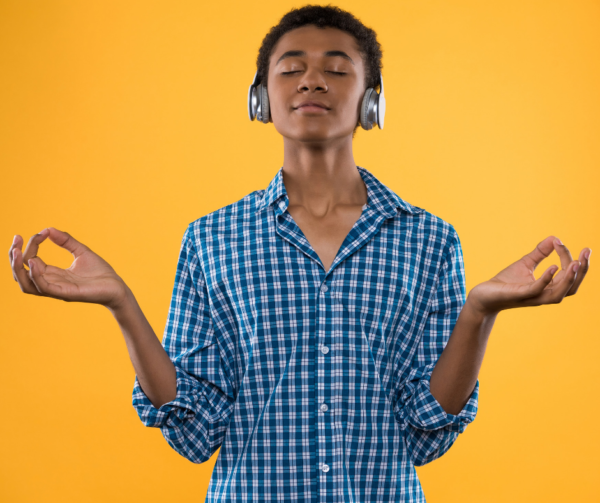
Commit to a Sleep Hygiene Routine
These tips can help but must be introduced into a sleep hygiene routine that you stick to every night. It takes up to 3 weeks to create a new routine. Many have found that they feel that their anxiety about sleep has gradually lessened by having a plan to stick to. Have you have found your sleep has been a recurrent problem? If you would like extra support, consider seeing your medical doctor, psychiatrist, or a sleep specialist. Many times, it is anxiety, but if you feel it can be more of medical issue please consult your doctor to talk about your options. Sleep is meant to be refreshing. Stop counting sheep and get back to counting those zzzs!

